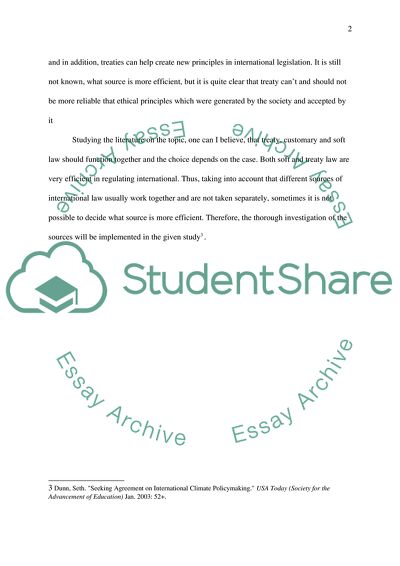Cite this document
(“The Role of Soft Law in Contemporary International Law-Making Essay”, n.d.)
Retrieved from https://studentshare.org/law/1561453-the-topic-is-in-the-order-instructions
Retrieved from https://studentshare.org/law/1561453-the-topic-is-in-the-order-instructions
(The Role of Soft Law in Contemporary International Law-Making Essay)
https://studentshare.org/law/1561453-the-topic-is-in-the-order-instructions.
https://studentshare.org/law/1561453-the-topic-is-in-the-order-instructions.
“The Role of Soft Law in Contemporary International Law-Making Essay”, n.d. https://studentshare.org/law/1561453-the-topic-is-in-the-order-instructions.


